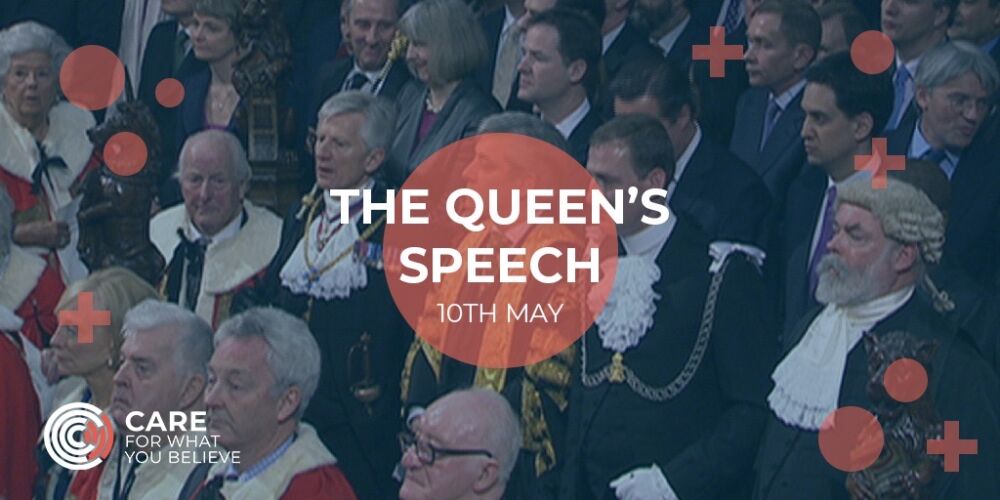What's the Queen's Speech all about?

The Westminster Parliament has been officially ‘prorogued’ which is an old-fashioned term that means its come to an end.
It marks the formal end of the Parliamentary session, and it was read out loud, on behalf of the Queen, in the Lord’s chamber.
Major pieces of legislation which passed during the last session were read out and it was then repeated in the House of Commons by the Speaker.
Here’s some the Bills passed during the last session:
- Down Syndrome Bill
- Health and Care Bill
- Nationality and Borders Bill
- Police, Crime, Sentencing and Courts Bill
- Marriage and Civil Partnership (Minimum Age) Bill
A Queen’s Speech has been scheduled for 10 May 2022.
This refers to a speech read out by the Queen in the Lords Chamber to mark the State Opening of Parliament.
It sets out the Government’s programme of legislation for the upcoming parliamentary session.
The Queen arrives on the day at the Sovereign’s Entrance and goes to the Robing Room. She normally wears the Imperial State Crown and leads the Royal procession from the Royal Gallery to the House of Lords.
A House of Lords Official known as Black Rod is sent to the Commons. The doors are slammed in his face and strikes the door three times. It’s then opened.
He calls MPs to attend the Lords to hear the Queen and they follow him.
From the throne in the House of Lords, the Queen reads the speech that’s written by the Government.
After this, a new parliamentary session starts, and Members of Both Houses debate the contents of the speech and agree an ‘Address in Reply to Her Majesty’s Gracious Speech’.
Over several days the debates continue, looking at different subject areas. The Commons votes on the Speech.
Why does this matter?
Christians should pay attention to the contents of the Queen’s Speech for two reasons.
Firstly, the government’s legislative programme is an opportunity to identify Bills that we can support, because they agree and are consistent with Christian teaching and biblical principles.
Secondly, we can look ahead and prepare for legislation that we might need to campaign to be changed because of the damage it could do to vulnerable people.
In the last session, for example, there were elements of the Health and Care Bill which were positive. However, we anticipated those in favour of assisted suicide might try and get an amendment tabled with the aim of legalising assisted suicide. In the end, this proved right and we were able to work with Peers and others to help block it.
Please therefore pray:
1. Pray that the Government will propose laws that protect the most vulnerable.
2. Pray against legislation that will damage religious freedom.
3. Pray for the Official Opposition as they respond.
4. Pray for MPs as they debate the Government's legislative programme.
5. Pray for opportunities to promote laws that uphold the God-given dignity of human beings.






